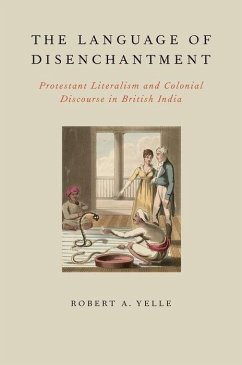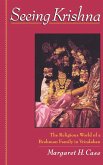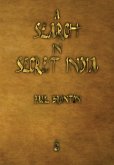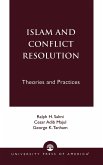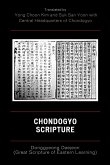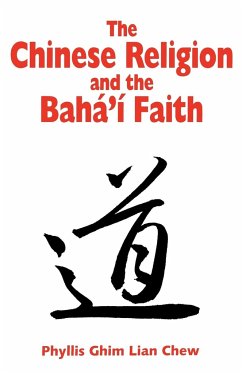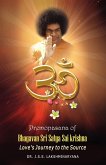The Language of Disenchantment explores the ways in which Protestant ideas concerning language influenced British colonial attitudes toward and proposals to reform Hinduism. Protestant literalism, mediated by the textual economy of the printed book, inspired colonial critiques of Indian mythological, ritual, linguistic, and legal traditions. Central to these developments was the transportation of the Christian opposition of monotheism and polytheism or idolatry into the domain of language. Polemics against verbal idolatry that had been applied previously to Catholic and sectarian practices in Britain -including the elevation of a scriptural canon over heathenish custom, the attack on the personifications of mythological language, and the critique of "vain repetitions" in prayers and magic spells-were applied by colonialists to Indian linguistic practices. In order to remedy these diseases of language, the British attempted to standardize and codify Indian traditions as a step toward both Anglicization and Christianization. The colonial understanding of a perfect language as the fulfillment of the monotheistic ideal echoed earlier Christian myths according to which the Gospel had replaced the obscure discourses of pagan oracles and Jewish ritual. By uncovering the historical roots of the British re-ordering of South Asian discourses, Yelle's work challenges representations of colonialism, and the modernity that it ushered in, as simply rational or secular.
Hinweis: Dieser Artikel kann nur an eine deutsche Lieferadresse ausgeliefert werden.
Hinweis: Dieser Artikel kann nur an eine deutsche Lieferadresse ausgeliefert werden.

